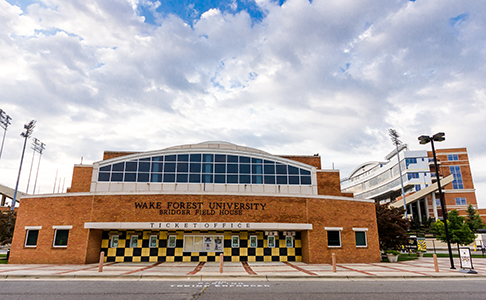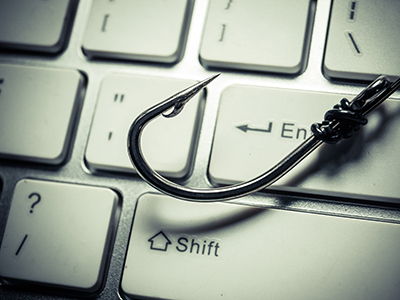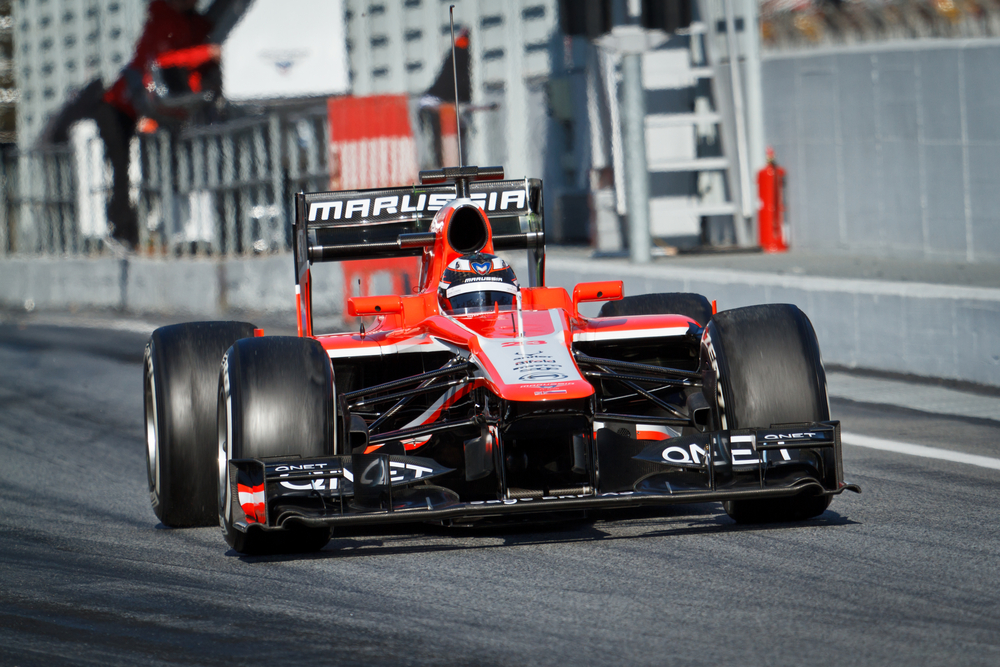 On June 20, 2013, Formula One’s internal judicial system will convene in Paris to decide whether Mercedes and Pirelli violated the racing body’s governing agreements by conducting secretive tire testing last month. Mercedes and Pirelli claim the safety-related tests were authorized by the contract establishing Pirelli as Formula One’s exclusive tire supplier, but Mercedes’ F1 rivals claim the tests provided Mercedes with an unfair competitive advantage. This case provides some insight into the development and importance of trade secrets in an industry where fierce competition, rapidly-changing technology, and billions at stake make trade secret protection vital but often difficult.
On June 20, 2013, Formula One’s internal judicial system will convene in Paris to decide whether Mercedes and Pirelli violated the racing body’s governing agreements by conducting secretive tire testing last month. Mercedes and Pirelli claim the safety-related tests were authorized by the contract establishing Pirelli as Formula One’s exclusive tire supplier, but Mercedes’ F1 rivals claim the tests provided Mercedes with an unfair competitive advantage. This case provides some insight into the development and importance of trade secrets in an industry where fierce competition, rapidly-changing technology, and billions at stake make trade secret protection vital but often difficult.
Despite F1 teams’ shared interests in controlling costs, maximizing revenue, and promoting a common culture, Formula One is composed of a group of competing businesses out to win races, sponsorships, and prize money. So it’s no surprise that many teams push the envelope of what is permissible under Formula One’s governing documents in pursuit of speed, cash, and glory. As Le Mans legend Carroll Smith famously stated: “In any given racing series I will not start the cheating. If someone else starts it, I will appeal to them and to the officials to stop it. If my efforts do not succeed, then I’ll show them how it is done.” READ MORE →










